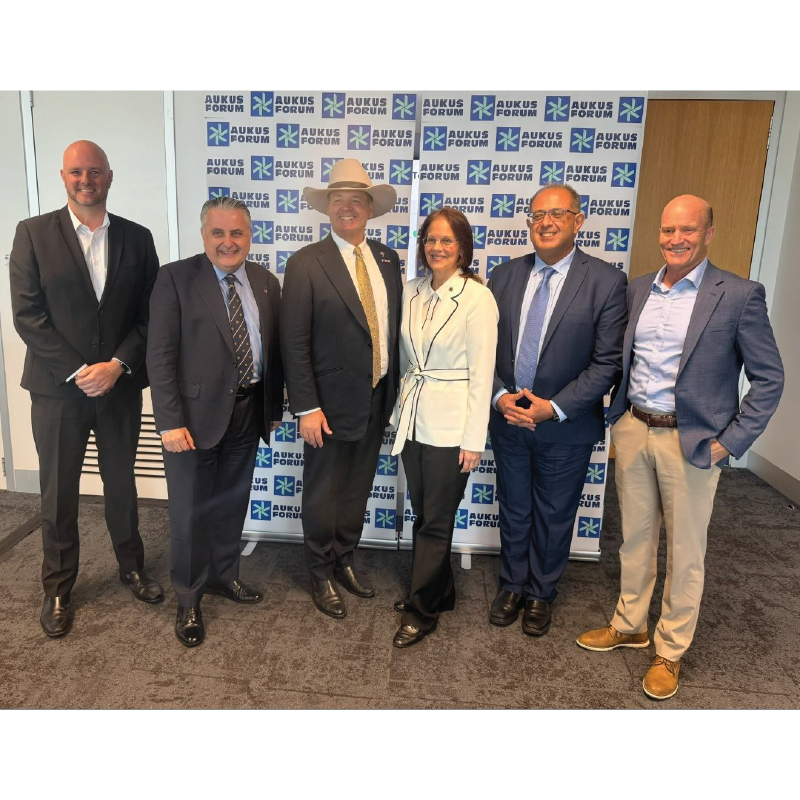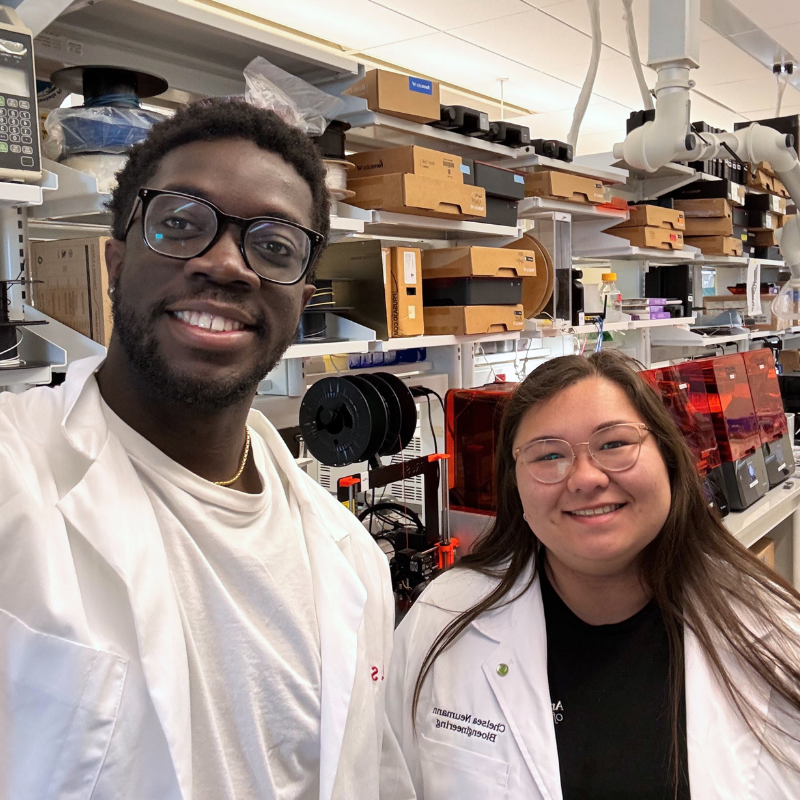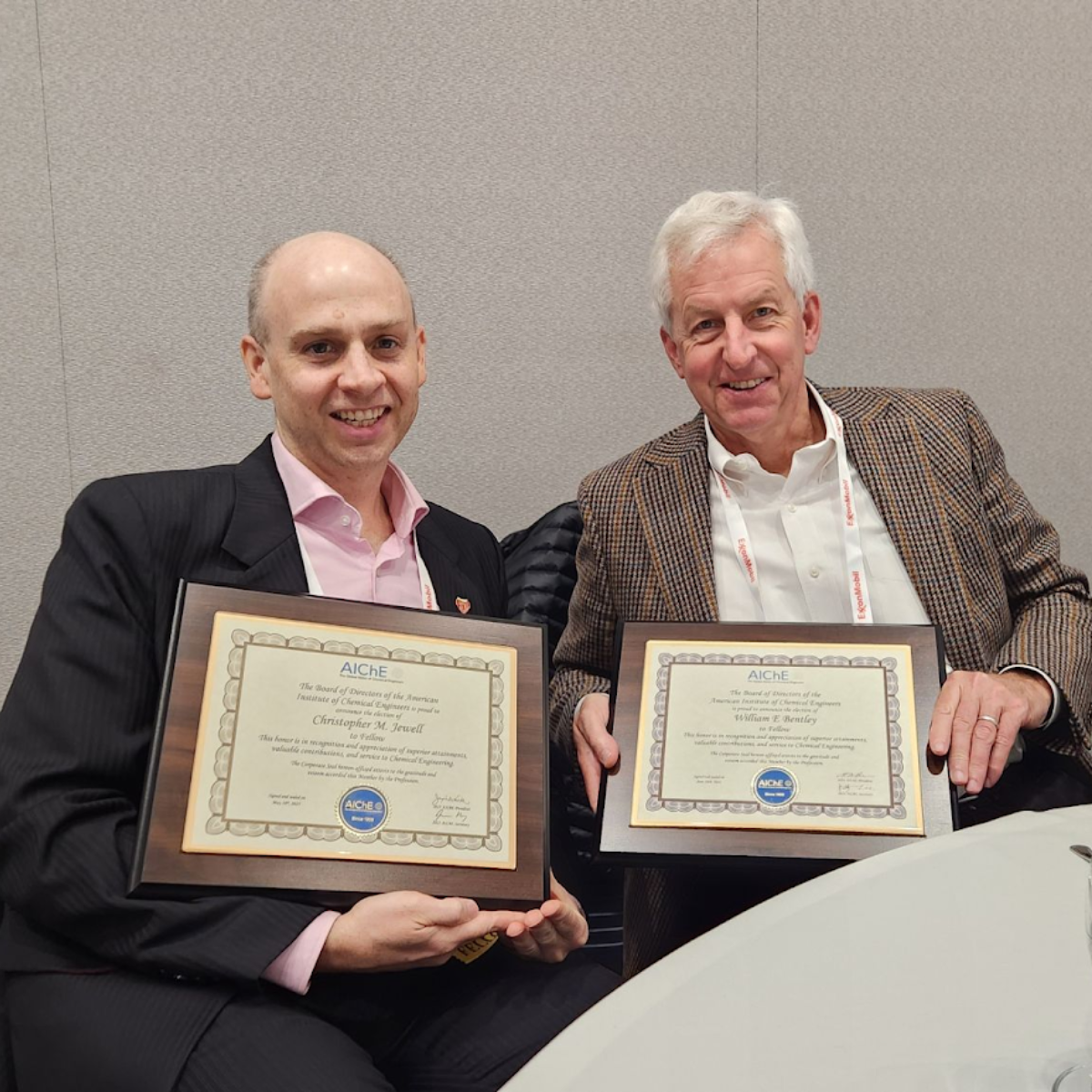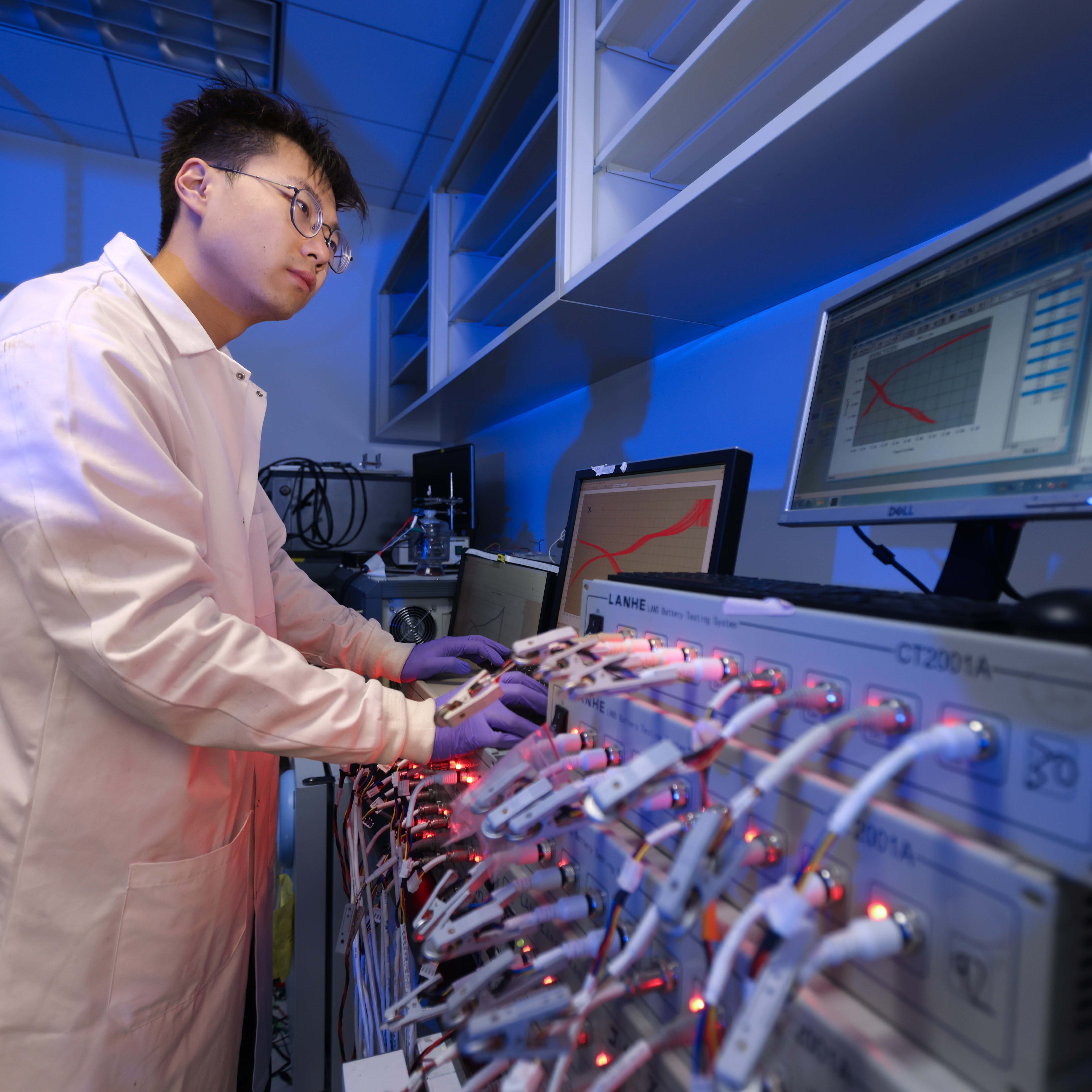News Story
UMD Bioengineers Work to Recondition Lymph Node Function to Fight Diabetes
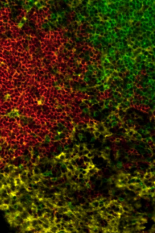
Researchers from the University of Maryland Fischell Department of Bioengineering’s (BIOE) Jewell Lab and Jonathan Bromberg at the University of Maryland School of Medicine recently reported a new way to disable the harmful immune attack that occurs during autoimmune diseases such as type 1 diabetes (T1D), while keeping healthy functions of the immune system Intact.
“Our lab is combining immunology and nanotechnology to recondition how the immune system responds to host cells in the pancreas that are mistakenly attacked during type 1 diabetes,” said BIOE MPower Professor and Minta Martin Professor of Engineering Christopher Jewell, corresponding author on the new report. “The finding, conducted in cells and pre-clinical animal model of T1D, could contribute to new approaches for treating T1D and developing therapies for autoimmune diseases that are long-lasting.”
Their results, published in February in the journal Nature Communications, represent a milestone in their efforts to design an immunotherapy strategy for potent and safe treatment of T1D.In diabetes, the immune system attacks insulin-secreting beta cells in the pancreas, stopping the production of insulin — the molecule that controls blood sugar levels. When there is too little insulin, glucose accumulates in the bloodstream instead of going into the cells. The body is unable to use glucose for energy. Current therapies for T1D work by decreasing the activity of the immune system. That said, they do so in a broadly suppressive way that is not curative and can leave patients susceptible to infection.
Jewell’s team is seeking to reprogram the function of lymph nodes: instead of generating inflammatory cells that attack the pancreas, the lymph nodes are “educated” to promote regulatory immune cells that control the charge against the pancreas and other positive cells. To create this “reprogramming,” degradable polymer particles are introduced into lymph nodes using a unique intra-lymph node delivery approach. Once in the lymph nodes, these particles slowly release immune signals to promote regulatory immune cells that mature and migrate to the central nervous system to suppress the attack against the pancreas.
“We’re using lymph nodes as sort of factories, to create cells that selectively turn off harmful cells, without impacting the healthy types of immune response needed to fight infection,” Jewell pointed out. In order to test their strategy, the team is implementing multiple rodent models of T1D. The preclinical results are highly promising thus far, demonstrating a single treatment can stop T1D and create regulatory T-cells that have characteristics of long-lasting cells that might contribute to vaccine-like therapies for T1D.
“The T-cells our therapy creates display some properties that are similar to long-lasting T cells generated by vaccines,” said Jewell. “In this paper, we show we can treat mice and later induce disease, and the animals are still protected.” To support this breakthrough research, the Juvenile Diabetes Research Foundation has awarded the team more than $1.5 million in research funding since 2016.
“One of our goals is to understand how our technology might perform under some of the most challenging preclinical settings,” said Jewell. “As an MPower professor, I am part of an investment by the State of Maryland to promote broad collaborations across campuses. My work on this research with Jonathan [Bromberg] at the School of Medicine really embodies the MPower spirit. There’s no way we would be able to make these advances with a single lab.”
In addition to Bromberg and Jewell, the authors on the work are BIOE researchers Dr. Joshua Gammon, Sean Carey, Haleigh Eppler, Dr. Shannon Tsai, Dr. Marian Ackun-Farmmer, Dr. Lisa Tostanoski, Emily Gosselin, Alexis Yanes, Dr. Xiangbin Zeng, and Dr. Robert Oakes; and Dr. Vikas Saxena, Dr. Christina Paluskievicz, Dr. Yanbao Xiong, and Dr. Lushen Li, at the University of Maryland School of Medicine.
Written by Catherine Arnold
Published April 11, 2023







